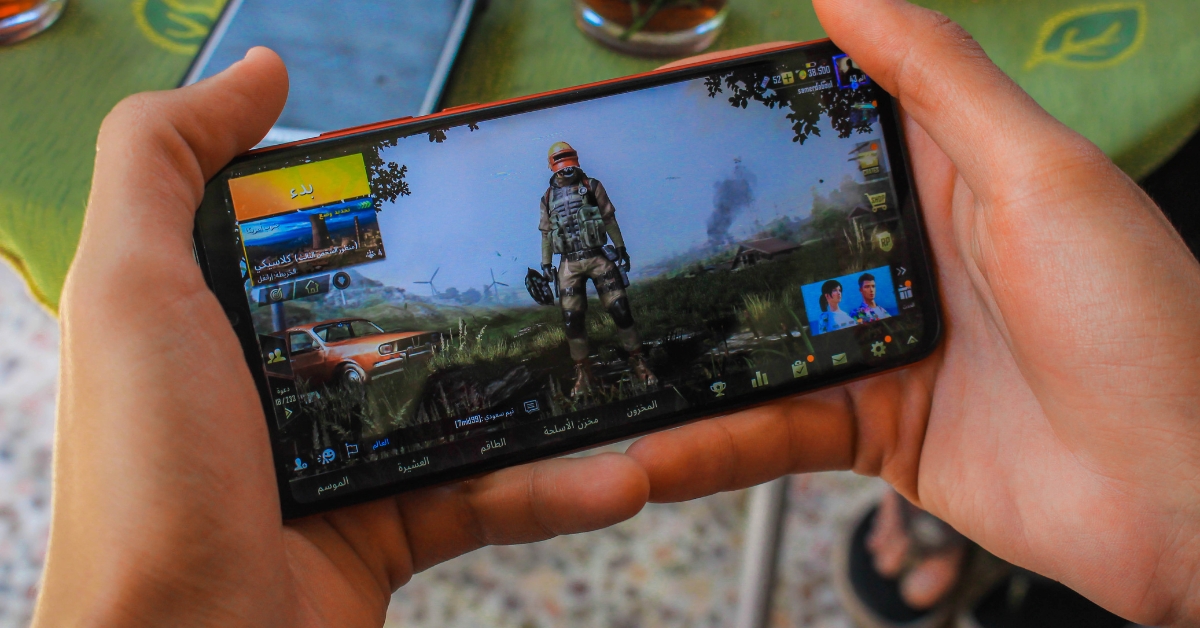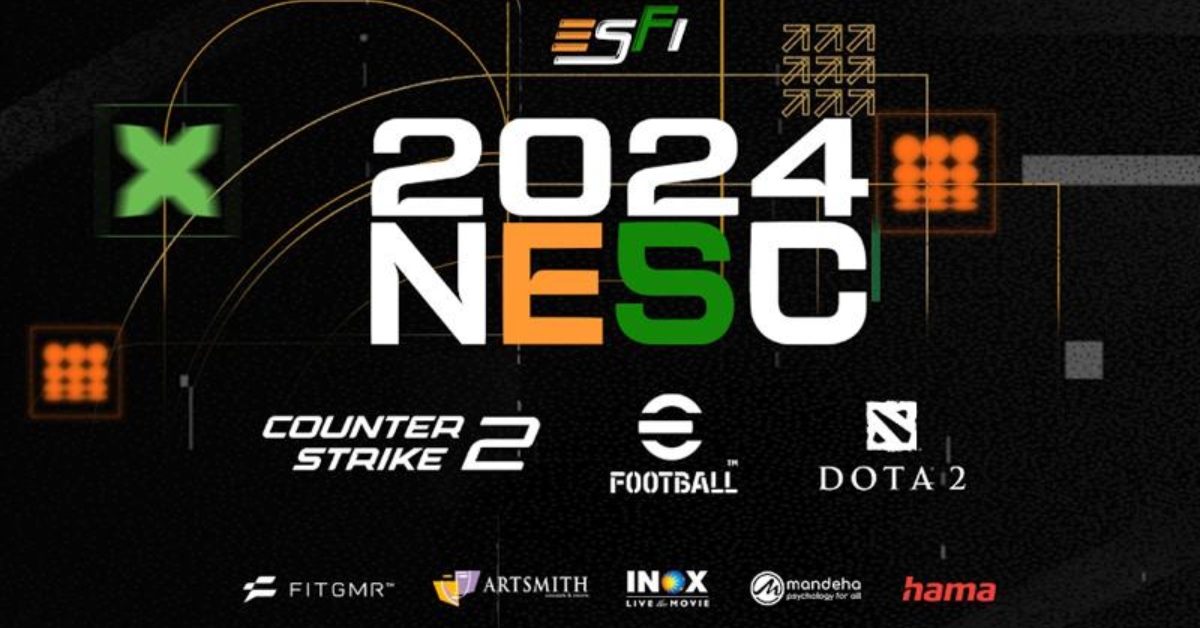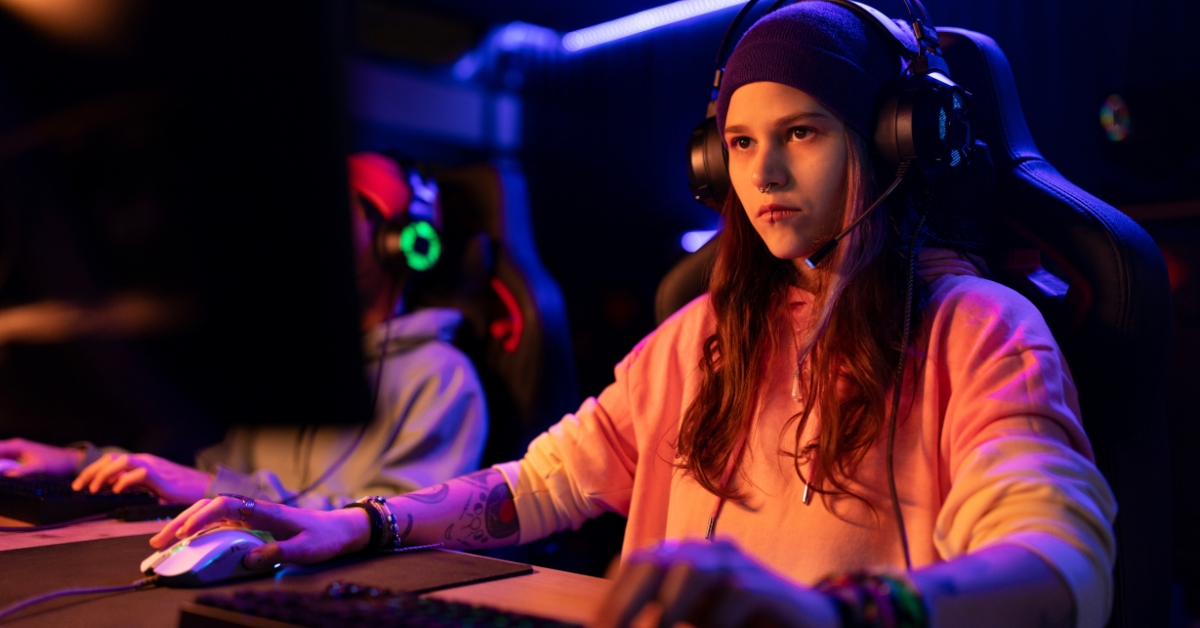The Indian government plans to introduce restrictions on online gaming to tackle addiction among youth, with new guidelines focused on time and spending limits.
Table of Contents
Government’s New Measures to Address Online Gaming Addiction
In a bid to address the growing concerns of addiction among children and young adults, the Indian government is set to impose stringent restrictions on online gaming and real-money games.
This move aims to curtail the negative impacts of excessive gaming, which has become a significant issue in recent years.
Emerging Consensus on Restrictive Measures
According to a report in The Economic Times, the Ministry of Electronics and Information Technology (MeitY) has agreed to adopt similar methods in China.
The recent internal meetings discussed various aspects of the Information Technology Rules 2021, highlighting the need for proactive measures.
Shifting from Self-Regulation to Direct Limits
Instead of relying on self-regulatory organizations (SROs) to determine the permissibility of games, the government is considering imposing time limits and spending curbs.
This approach is seen as more effective in addressing the issue directly. The proposed guidelines include mechanisms for gaming companies to monitor and ensure adherence to these limits.
Proposed Guidelines for Online Gaming
The Economic Times reports that the guidelines will require gaming companies to enforce limits based on a player’s past expenditure and age.
This follows the IT ministry’s amendment to the IT Rules in April 2023, which gave gaming companies and industry bodies 90 days to form an SRO.
However, the ministry rejected the initial proposals from several associations, including the Esports Welfare Association and the All India Gaming Federation.
Current Gaming Rules in India and China
India, one of the largest gaming markets globally with approximately 570 million active gamers, is taking significant steps to regulate online gaming.
About 25% of these gamers are involved in real-money gaming activities.
The government aims to ensure that permissible games do not involve wagering, harm users, or create addiction among children.
China has already implemented strict regulations.
Since November 2019, players under 18 have been banned from gaming for more than 90 minutes a day or three hours on public holidays.
In August 2021, these rules were further tightened, limiting gaming time to one hour on Fridays, weekends, and public holidays for under-18s.
India’s Proposed Online Gaming Rules
- SRO Formation: The government will establish several SROs with representatives from various sectors to decide the permissibility of games.
- Content Control: Gaming firms must not offer or share online games with harmful or banned content and must verify the identity of online gamers.
- Gambling Ban: Online games involving gambling, including advertisements, will be prohibited.
- Parental Controls: SROs will enforce guidelines to prevent addiction and mental harm through parental controls, warning messages, and age-rating systems.
- Opt-Out Options: Gamers can opt out after reaching their limits for time or money spent.
The Role and Structure of SROs
Self-Regulatory Organisations (SROs) will ensure that online games do not involve wagering or betting.
Three SROs will be notified initially, with the possibility of more being added later.
Each SRO will include an educationist, a psychology or mental health expert, and a member or officer from an organization dedicated to child protection.
Objectives of the New Online Gaming Rules
The primary objectives of the new rules are to:
- Prevent user harm such as self-harm and psychological harm from online gaming.
- Safeguard children from inappropriate or harmful online games using parental controls and age-rating mechanisms.
- Reduce the risk of gaming addiction, financial loss, and fraud by issuing frequent warnings and allowing users to set self-exclusion limits.
- Ensure that online real-money games do not compromise India’s sovereignty and integrity.
Conclusion
The Indian government’s proactive stance on regulating online gaming is a significant step towards protecting young gamers from addiction and its associated harms.
The government aims to create a safer and more responsible gaming environment for all by introducing strict guidelines and monitoring mechanisms.
For a detailed comparison of the proposed guidelines and existing rules in China, see the table below:
| Country | Age Restriction | Time Limits | Spending Limits | Self-Regulatory Bodies |
|---|---|---|---|---|
| India | To be defined | Proposed | Proposed | Yes |
| China | Under 18 | Yes | No | No |






